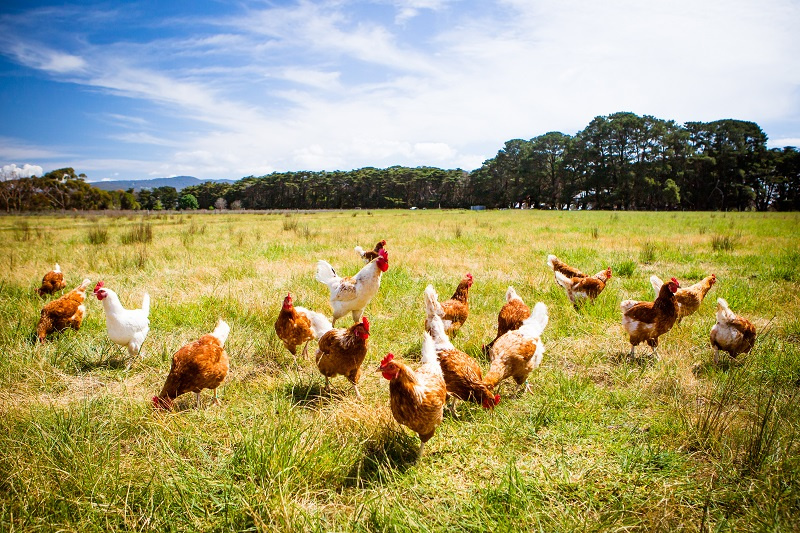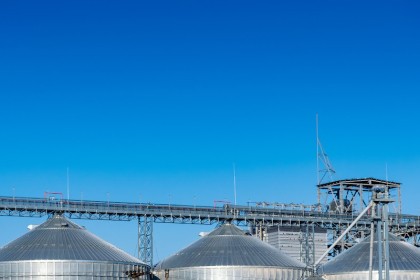
Media Release: Avian Influenza Strain Identified
The initial outbreak of avian influenza H5 on a layer farm on the East Rand of Johannesburg has now been identified as HPAI H5N1. This is not the same strain that we experienced in June 2017, however any outbreak of HPAI is treated as extremely serious and virulent, and the poultry industry remains in a state of high alert. Quarantine protocols remain in place on the farm concerned, the farm workers are issued personal protective equipment daily, and the farm is being sterilised before accepting new layers.
The company concerned made the responsible decision to cull all 240 000 hens, to protect surrounding farms and the South African poultry industry in general. All biosecurity measures remain in place. The replacement cost of these hens is R20 million.
Most unfortunately, a second outbreak of HPAI H5 has been reported on a North West broiler breeder farm, which has culled 7 000 broiler breeder birds. The mortalities have been sent to Onderstepoort Veterinary Research Institute for analysis and sequencing.
Highly pathogenic avian influenza (HPAI) is a notifiable disease that has to be reported to the World Organisation for Animal Health (OIE), which dispatches daily updates on notifiable diseases to all countries in the world. Countries have the right to cease trade imports from any country that has been identified by the OIE as having an outbreak of a notifiable disease.
At present Namibia has banned poultry product imports from South Africa’s Compartment ZA 18/500 (the defined area of the first outbreak), Botswana and Mozambique have banned all poultry meat, eggs and feathers from SA, and Lesotho has banned eggs from Gauteng. Dr Mpho Maja, Director of Animal Health at the Department of Agriculture Land Reform and Rural Development (DALRRD), is continuing discussions with all neighbouring countries to minimize the impact on SA exports.
Farmers and all keepers of poultry are urgently requested to familiarise themselves with, and implement the highest levels of biosecurity protocols to protect not only their flocks, but South Africa’s poultry industry as a whole.
This strain of avian influenza is carried by wild birds, especially at this time of year when their natural migration northwards occur. All persons are requested to be on the lookout for dead birds, and report these to their nearest state veterinarian.
Dr Maja is working closely with the industry on the outbreaks of HPAI, and will make a decision regarding movement of poultry when deemed necessary.
Consumers are ensured that eggs and broiler meat products are safe to eat provided normal cooking protocols are followed; specifically temperatures above 60 degrees Celsius are recommended.












